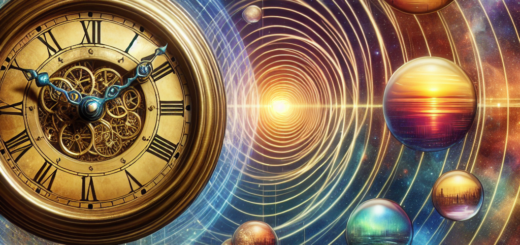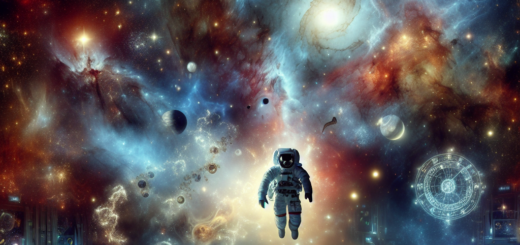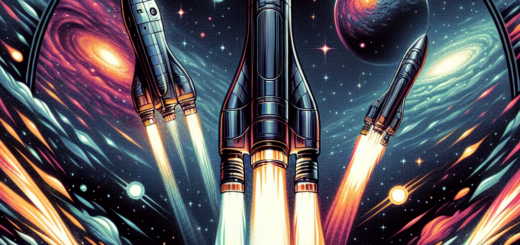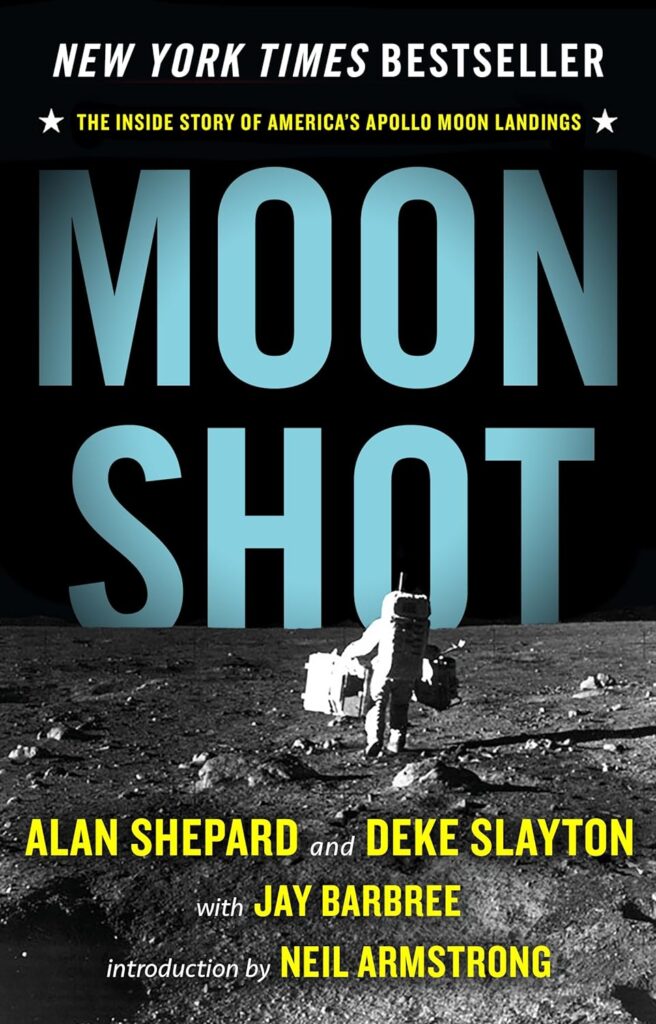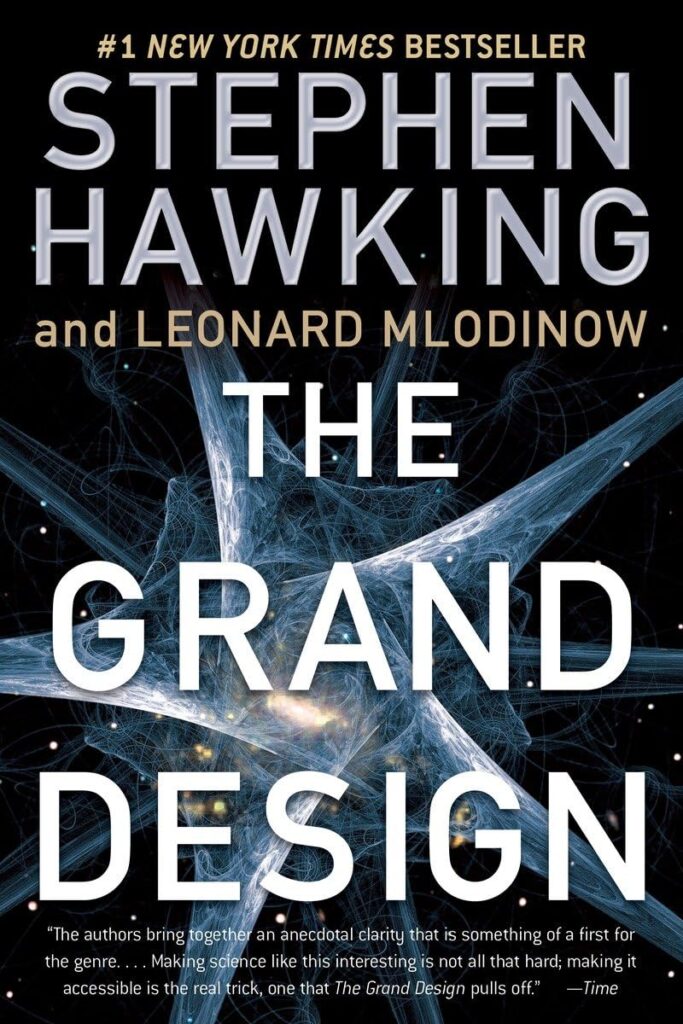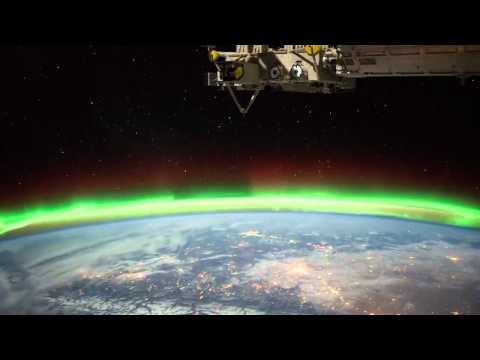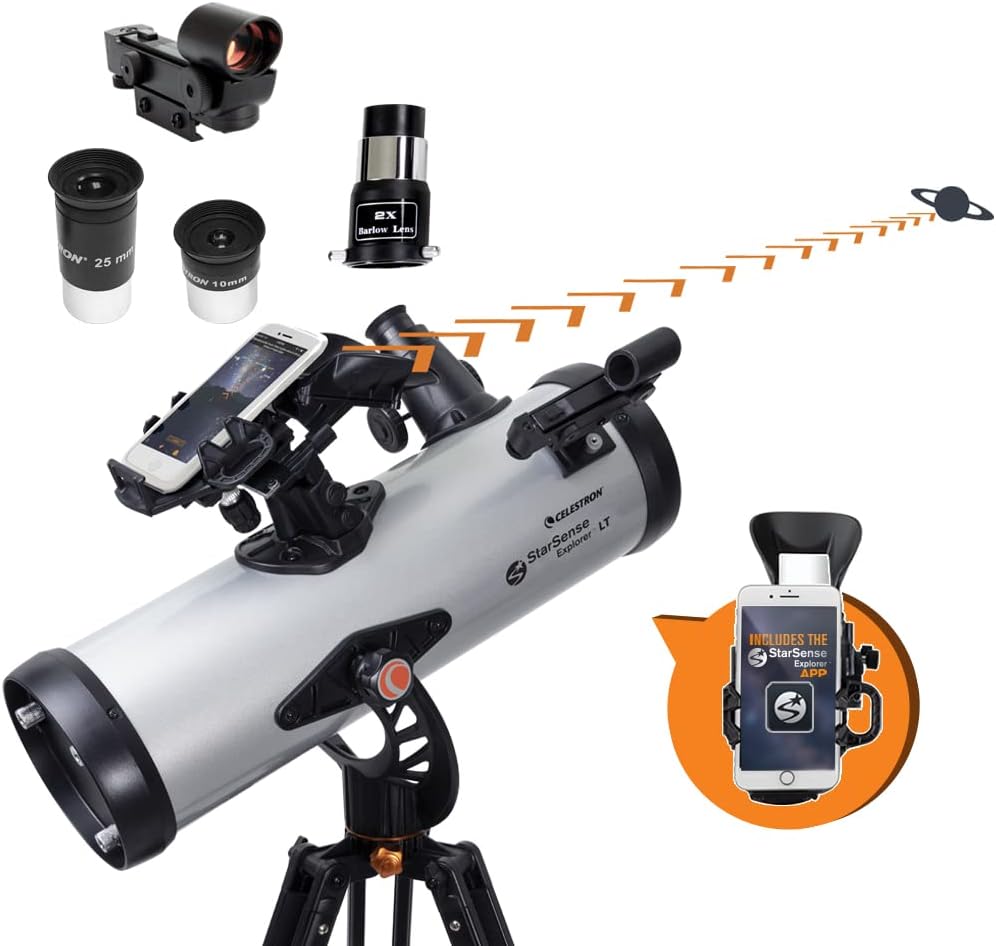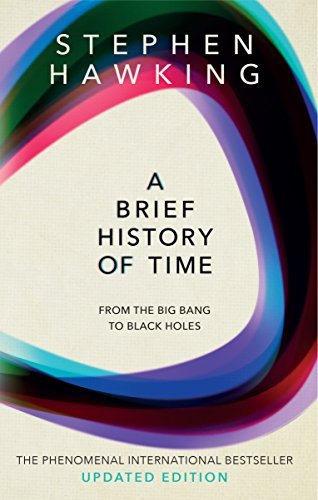The Rise of Dystopian Worlds: Exploring the Fictional Realities That Could Become Our Future
Dystopian literature has been a popular genre for centuries, but it seems to be experiencing a resurgence in recent years. From books like “The Hunger Games” and “Divergent” to TV shows like “Black Mirror” and movies like “The Matrix” and “Blade Runner,” it seems like audiences are more drawn to dystopian worlds than ever before. But why are we so fascinated by these bleak and often terrifying futures?
One possible explanation is that we are living in increasingly uncertain times. Climate change, political unrest, and technological advancements are all contributing to a sense of unease about the future. Dystopian literature offers a way for us to explore and process these fears in a safe and controlled environment. By immersing ourselves in these fictional worlds, we can confront our anxieties and perhaps even come to terms with them.
Another reason for the popularity of dystopian stories is that they often offer a critique of our current society. By exaggerating certain aspects of our world, dystopian literature can shine a light on the flaws and injustices that exist in our own society. These stories force us to confront uncomfortable truths and consider what kind of future we want to create for ourselves.
But perhaps the most compelling reason for the rise of dystopian worlds is that they offer a sense of escapism. In a world that can often feel overwhelming and chaotic, dystopian literature provides a way for us to escape into a different reality, even if that reality is dark and oppressive. It allows us to experience the thrill of adventure and the excitement of rebellion without having to actually face the consequences.
Of course, not all dystopian stories are the same. Some depict worlds where humanity has been destroyed by war or environmental catastrophe, while others explore the consequences of unchecked technological advancement or totalitarianism. But regardless of the specific setting, all dystopian stories share a common theme: they force us to confront the darker aspects of human nature and consider what kind of future we are building for ourselves.
In the end, the rise of dystopian worlds in popular culture is a reflection of our own fears and anxieties about the future. By exploring these fictional realities, we can gain a deeper understanding of the world we live in and perhaps even find a way to shape a better future for ourselves and future generations. So the next time you pick up a dystopian novel or watch a dystopian movie, take a moment to consider what it might be trying to tell you about the world we live in today.

